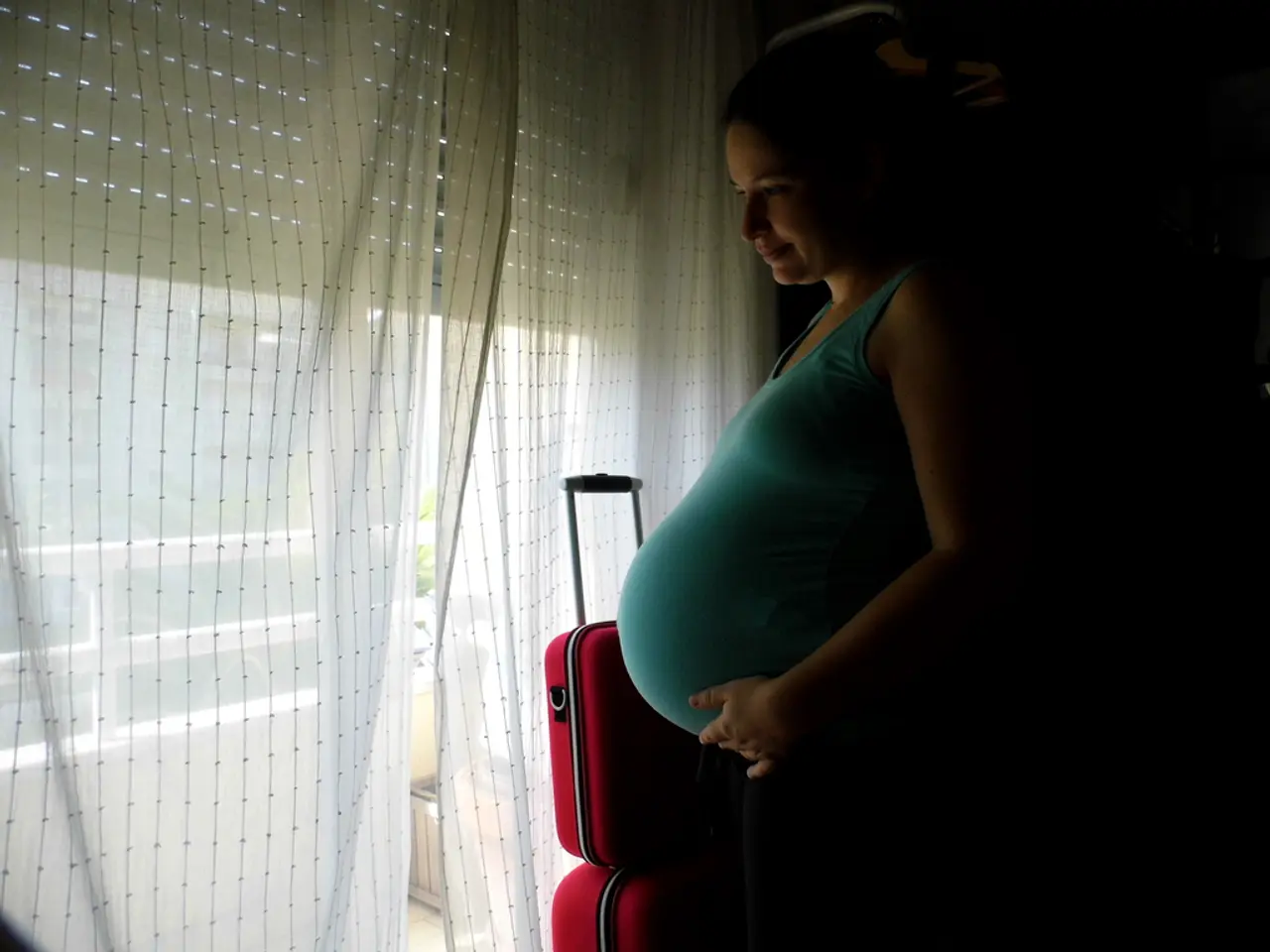Vegan Pregnancy Nutrition: Essential Vitamins and Dietary Advice for a Balanced Diet During Pregnancy
In the journey of pregnancy, a vegan diet can be a healthy choice for both mother and baby, provided the necessary nutrients are met. Here are some key points to consider for a successful vegan pregnancy.
First and foremost, a healthy vegan pregnancy requires a diet rich in all essential vitamins, minerals, and nutrients. This includes vitamin B12, vitamin D, iron, calcium, omega-3 fatty acids (EPA and DHA), iodine, zinc, selenium, and protein, among others. Folic acid (folate) is also crucial, as in all pregnancies. Vitamin C-rich foods can help enhance iron absorption.
Vegan sources of these nutrients include calcium from tofu, fortified orange juice, soy milk, and green leafy vegetables; iron from barley, quinoa, soy products, beans, dried fruits, pumpkin seeds, seaweed, and spinach; protein from chickpeas, quinoa, split or green peas, pistachios, walnuts, cashew nuts, tofu, oatmeal, kidney, navy, black beans; and vitamin B12 from fortified cereals, fortified soy milk, and nutritional yeast.
It's important to note that a vegan diet may require alternatives to meet Vitamin B12 and iron needs. Pregnant women following a vegan diet are at an increased risk of developing iron deficiencies or anemia, which can lead to developmental or cognitive delays, low birth weight babies, pre-term babies, or other pregnancy complications.
Calcium is vital for the development of foetal bones, heart, muscles, and nerves. Zinc is essential for cell and DNA formation. Iodine is needed for the development of the baby's nervous system and brain. DHA or Docosahexaenoic Acid, beneficial for the development of the baby's brain and nervous system, can be found in omega-3 fatty acid supplements derived from vegan algae.
Vitamin D plays a vital role in preventing preterm labor or birth infections and helps in the formation or building of foetal bones and teeth. Vitamin B12 is important for a healthy pregnancy, and its deficiency can lead to neural birth defects and impaired cognitive development in babies.
It's recommended to take prenatal vitamins regularly to ensure all nutritional needs are met. However, overdosing on multivitamins or any other supplements can be harmful for the unborn baby. It's essential to let your OB-GYN know if you are following a vegan diet, as they can advise you on eating certain foods or taking certain supplements accordingly.
Lastly, it's important to avoid consuming alcohol, smoking, and caffeinated beverages during pregnancy. A vegan diet may require alternatives to fulfill Vitamin B12 and iron needs, but with careful planning and consultation with a healthcare practitioner, a healthy vegan pregnancy is achievable.
Read also:
- Understanding Hemorrhagic Gastroenteritis: Key Facts
- Stopping Osteoporosis Treatment: Timeline Considerations
- Tobacco industry's suggested changes on a legislative modification are disregarded by health journalists
- Expanded Community Health Involvement by CK Birla Hospitals, Jaipur, Maintained Through Consistent Outreach Programs Across Rajasthan




